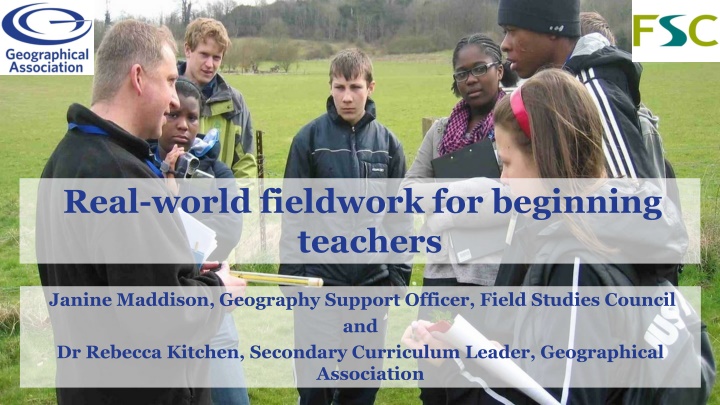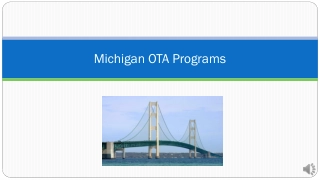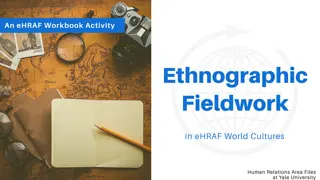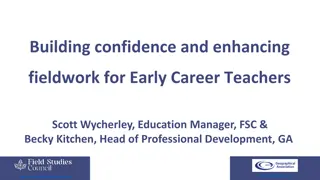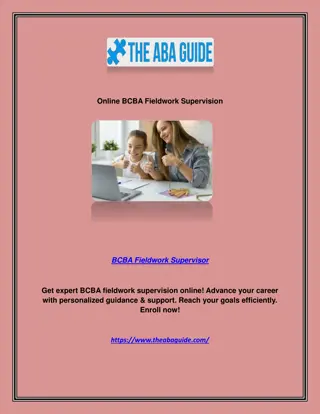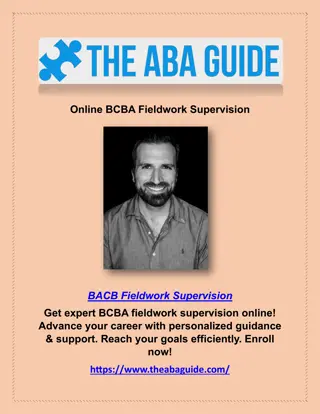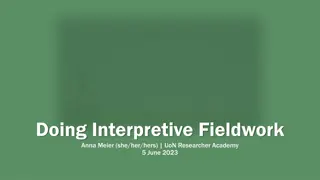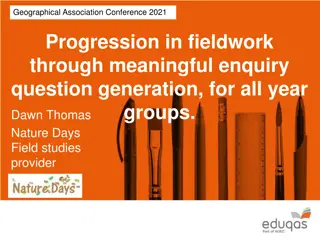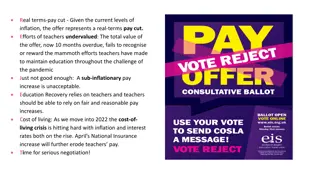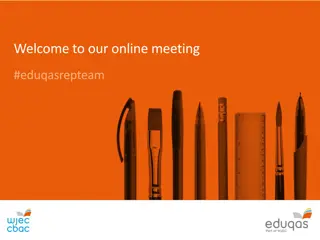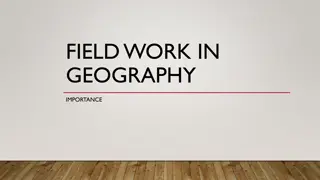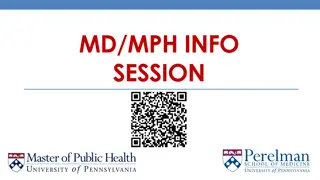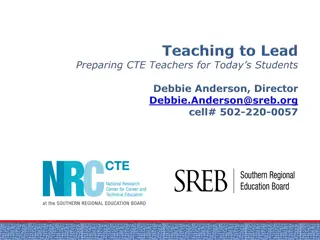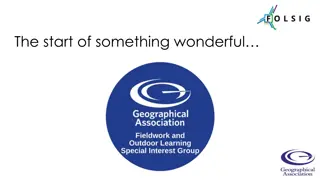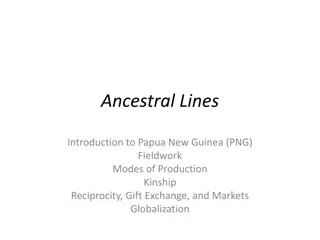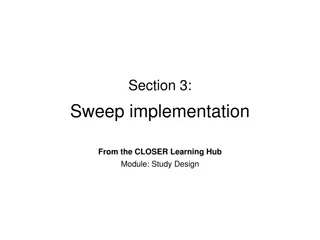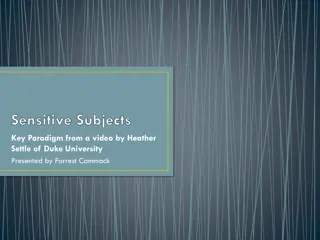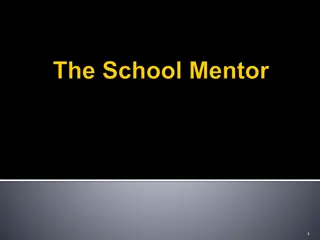Real-world fieldwork for beginning teachers
Survey findings reveal the challenges faced by teachers and students in leading and engaging in fieldwork activities. Suggestions for overcoming these challenges include providing support, training, and fostering innovative approaches. The Geographical Association, in collaboration with the Field Studies Council, offers courses to equip teachers with the necessary skills for effective fieldwork. Recognition through awards like SGQM and Center of Excellence highlights the commitment to promoting creative geography fieldwork.
Download Presentation

Please find below an Image/Link to download the presentation.
The content on the website is provided AS IS for your information and personal use only. It may not be sold, licensed, or shared on other websites without obtaining consent from the author.If you encounter any issues during the download, it is possible that the publisher has removed the file from their server.
You are allowed to download the files provided on this website for personal or commercial use, subject to the condition that they are used lawfully. All files are the property of their respective owners.
The content on the website is provided AS IS for your information and personal use only. It may not be sold, licensed, or shared on other websites without obtaining consent from the author.
E N D
Presentation Transcript
Real-world fieldwork for beginning teachers Janine Maddison, Geography Support Officer, Field Studies Council and Dr Rebecca Kitchen, Secondary Curriculum Leader, Geographical Association
Findings from the 2016 Geographical Association fieldwork survey
Survey finding Future challenge School staff more likely to lead fieldwork at all Key Stages. Teachers need support and training to lead fieldwork effectively and to experiment with innovative and complex approaches. This is particularly important given the demands of the new GCSE and A level specifications. Fairly small range of simple and traditional techniques and approaches.
This is mirrored by some of the feedback from students and teachers on free online (Ind Inv) courses the FSC has ran: What aspects do teachers find most concerning or challenging? Getting students to engage with designing methodologies. Ensuring rigour and that there is progression to ensure students are independent in their thinking about data collection. Developing their understanding to be able to justify why a particular method of data collection should be used. What aspects do students find most concerning or challenging? Establishing data collection and best methods for this. Planning, issues around working out what to investigate. How to design a study.
Developed two courses for ITE: Blencathra Field Centre Friday 27th and Saturday 28th April Juniper Hall Field Centre Friday 4th and Saturday 5th May 55 (non-GA members) 35 (GA members)
FSC awarded SGQM and 14 FSC Centres awarded Centre of Excellence in fieldwork. With support and guidance from the GA the FSC have published Creative fieldwork with examples drawn from Centre of Excellence submissions.
What is creative fieldwork? Creative geography fieldwork usually has three or more of the following characteristics: FSC use of term creativity is adapted from Robinson, K. (1999) All our futures: creativity, culture and education.
Geographical enquiry and creative fieldwork Geographical enquiry should be driven by curiosity. Engagement with enquiry enable students to investigate geography that: Is interesting Develops personal skill set Allows students to be decision makers in geographical enquiry. It was noted that lessons which consistently used a rigid three-part structure did not allow sufficiently for spontaneity and creativity in students learning. In just over 50% of schools observed there were insufficient opportunities for enquiry based work. Geography; Learning to make a world of difference (Ofsted, 2011)
3 Creative Fieldwork Methods ( in 30 minutes) 1. Visual Methods (Geographical Lenses and Picture this quote ) 2. Mood Mapping 3. Observation
